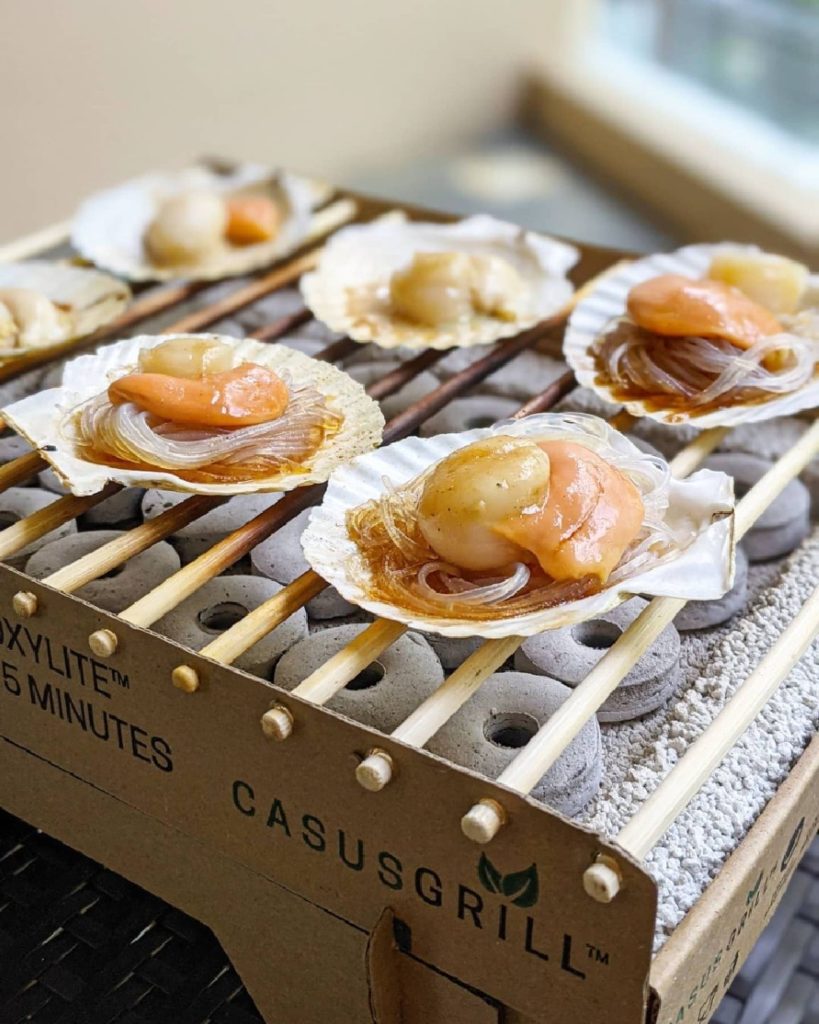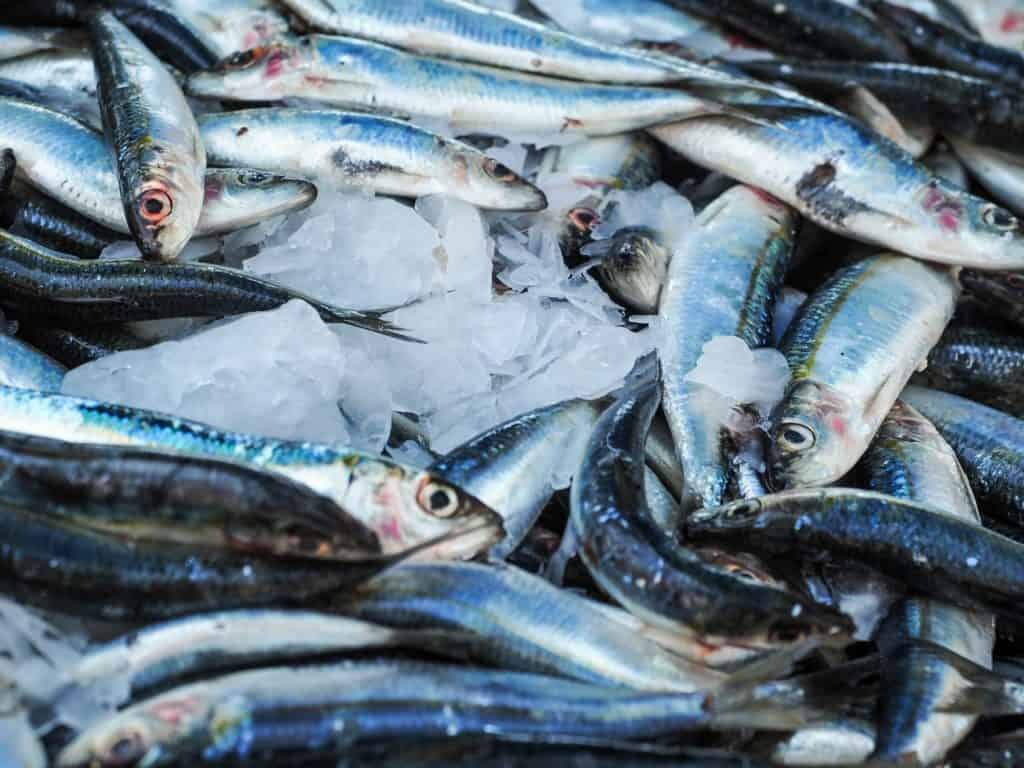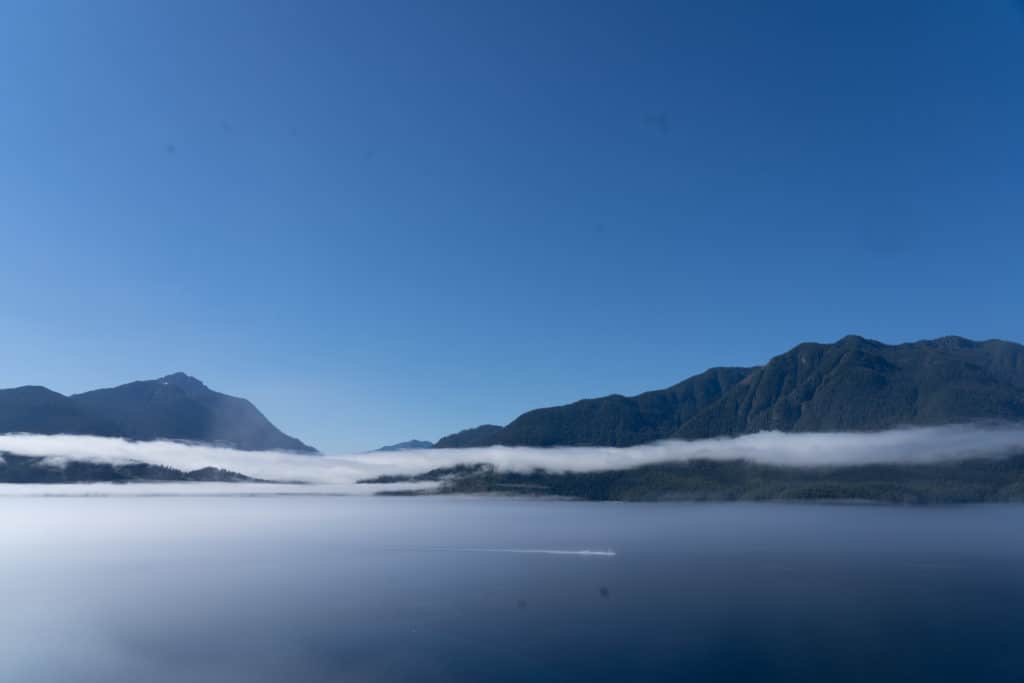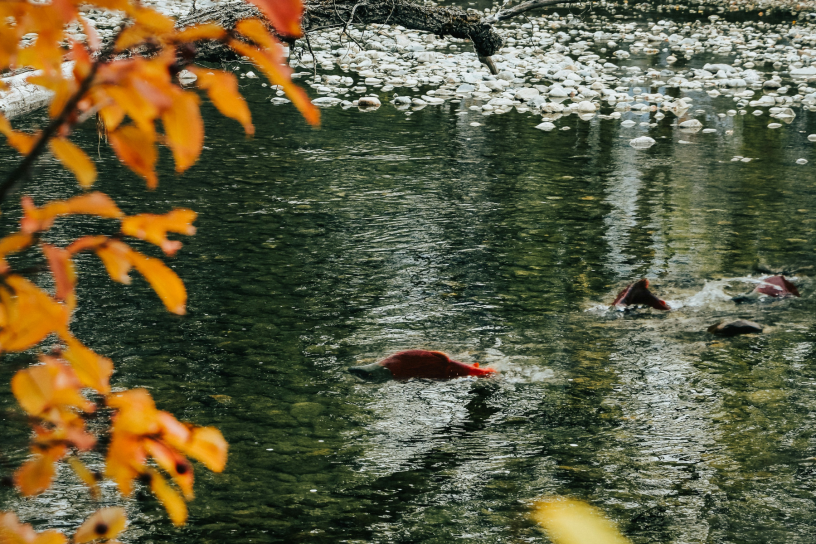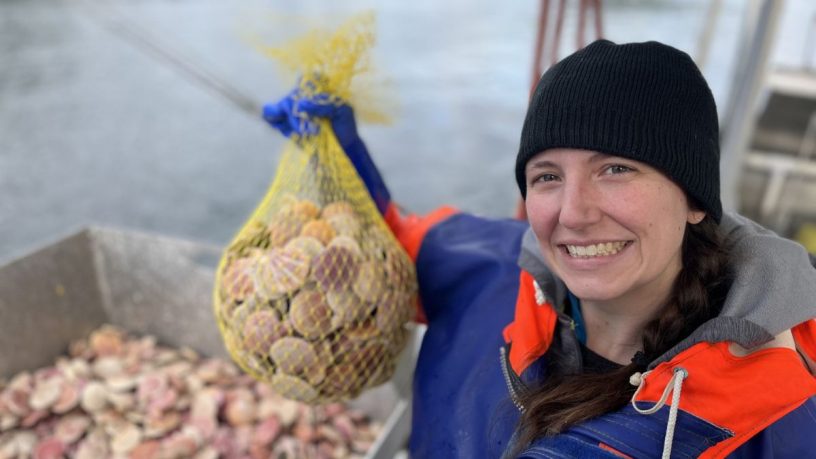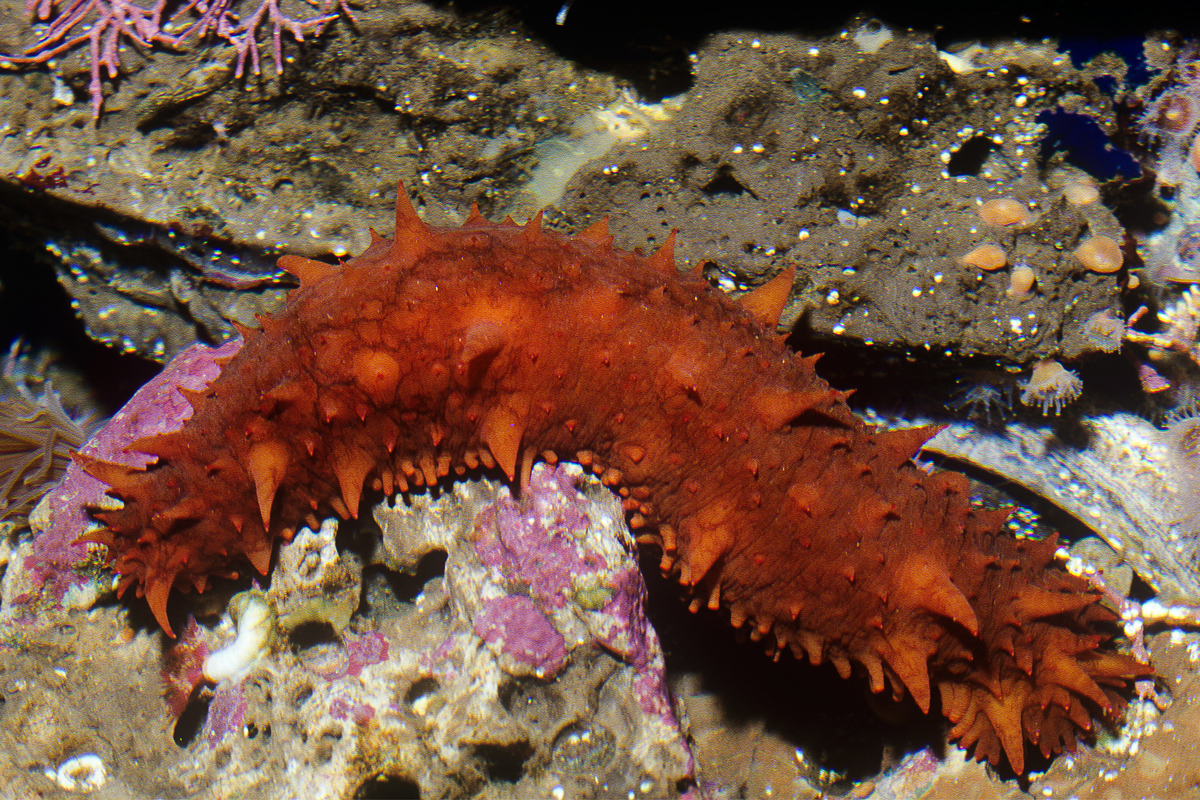
Choosing Sustainable Sea Cucumber This Lunar New Year
With Lunar New Year approaching on January 28th, those who celebrate are beginning to make plans for the big feasts and gatherings. Families, close friends and colleagues often serve whole fish as a special tradition signifying wholeness and togetherness, and a wish for abundance for years to come. Needless to say, seafood is a big part of the Lunar New Year celebrations.
Special festivities also mean a chance to enjoy some seafood often reserved for special occasions — like diver-caught giant red sea cucumbers, which as of this month are Ocean Wise recommended. This recommendation comes from a new small-scale fishery seafood assessment to help identify and support a growing market for unique, diverse and culturally relevant seafood options in Canada.
Sea cucumbers don’t really look like cucumbers at all. They are more like soft, gelatinous tubes of various different colours with markings like blotches, spots, or spikes. The meat and the skin of sea cucumbers have long been a prized ingredient in certain Asian cuisines, and in China has been considered a medicinal food for centuries.
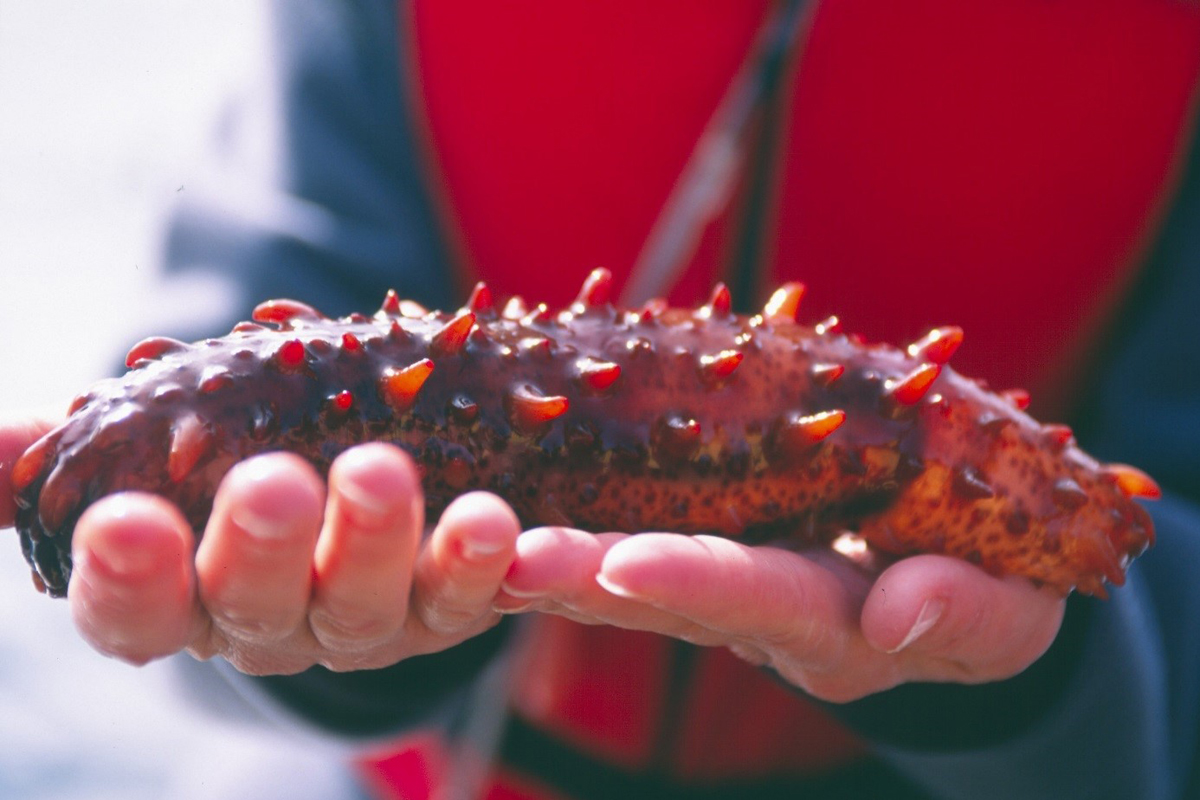
In British Columbia, there are approximately 30 species of sea cucumbers, but the giant red sea cucumber (Parastichopus californicus) is the only species caught commercially. The giant red sea cucumber is distinguishable by its deep red colour and yellow spikes, and can grow to about 50 centimetres long. It is generally found within intertidal rock pools and seabeds at 250 metres deep. Fishermen have been harvesting them since the early 1980s, with demand and market price increasing ever since. Historically, most of the product has been sold to export markets but there is growing interest from local restaurants serving this dish as well. In Chinese restaurants, sea cucumber is often braised whole or sliced and served alongside vegetables or mushrooms.
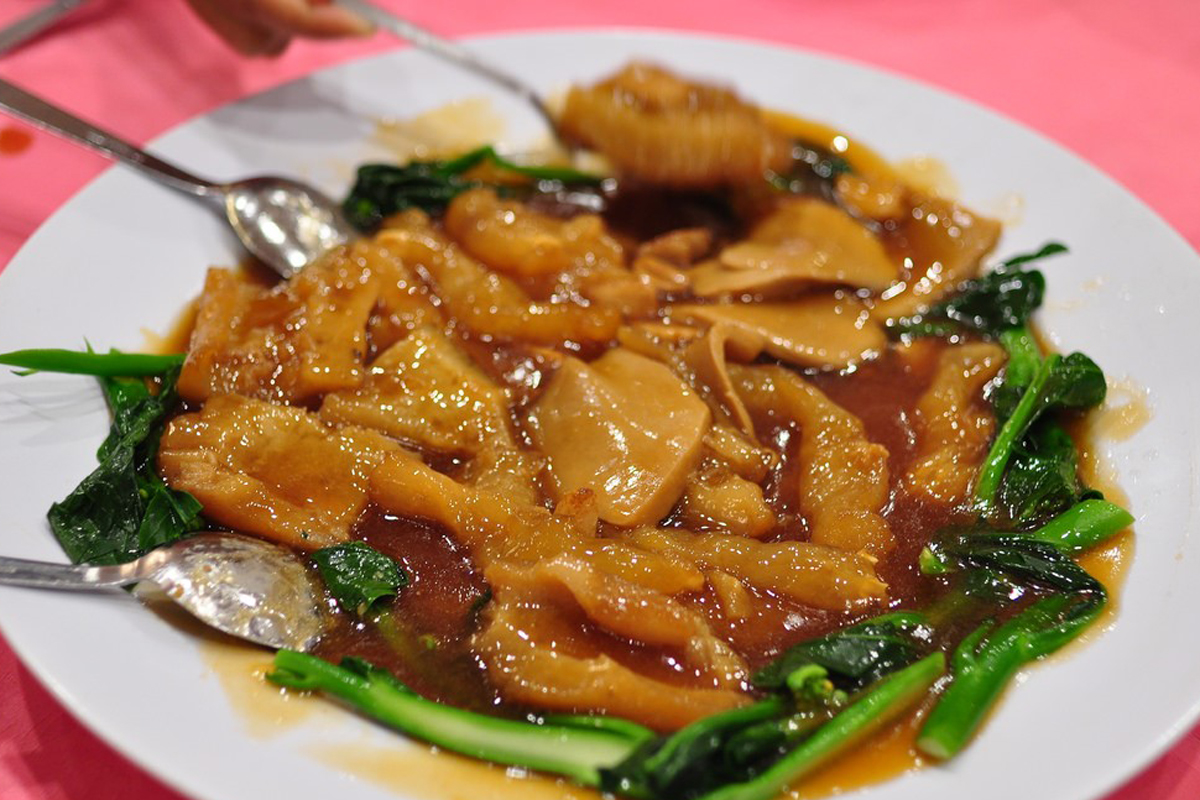
Giant red sea cucumbers in B.C. can be harvested along the entire coast by divers selecting them by hand, which is an extremely sustainable fishing method. This means that there is no impact on the habitat or other species, and no juvenile cucumbers are captured. To extend population protection, fishing is restricted from approximately 50 per cent of the B.C. coastline so that larvae and adults can flourish, migrate and repopulate areas that previously have been overfished.
If you are looking for a variety of sustainable seafood options to try for Lunar New Year, check out the Ocean Wise bilingual Chinese Seafood Guide to get more ideas for the big feast.
Happy Lunar New Year from Ocean Wise.
Aquablog post by Alasdair Lindop, Vancouver Aquarium Ocean Wise research analyst, and Tania Leon, Ocean Wise coordinator
Posted January 20, 2017 by Vancouver Aquarium
